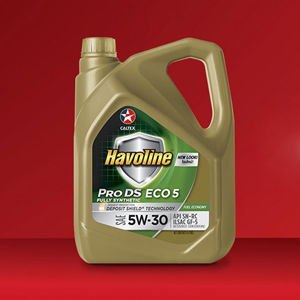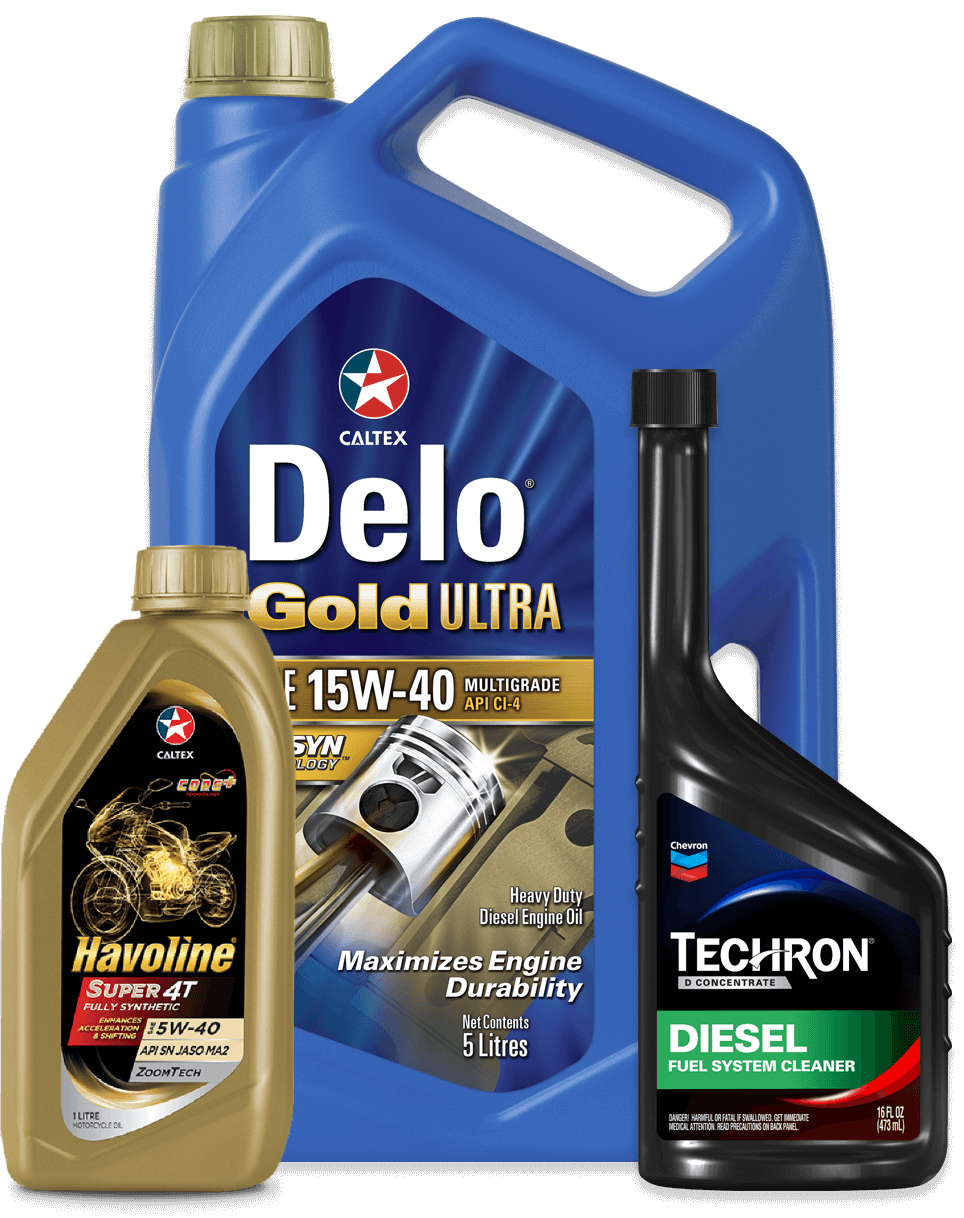If you don’t know it already, choosing the right oil goes a long way in making sure that your car stays mechanically strong and doesn’t leave you stranded mid-journey. Among a whole variety of important factors, some of the obvious ones are age, type, and mileage; how you drive it and the climate of the country it’s being driven in.
Shift towards synthetic oils
Lately, we have started to see a major shift towards synthetic oils for high performance requirements such as the trucking industry. The cause for this shift is rooted in manufacturers favoring oils with lower levels of viscosity in an effort to improve fuel economy. An important thing to note however is that most operators are picking blends of synthetic oil, more regularly called synblends such as Group III base oil stock. This Grade III base oil stock is mainly synthetic oil with matching properties to traditional oils.
“synblend” a marketing jargon to combine synthetic and mineral base oils
Since the term “synblend” is just a marketing jargon used by manufacturers rather than a technical definition, it allows for a great deal of room for companies to produce various combinations of synthetic and mineral base oils under this category.
Even though there are many myths about what kind of oil you should use for your car, there isn’t necessarily an all-purpose type of oil. It’s therefore infinitely better to choose your oil depending on the factors mentioned earlier in the article. For example, motors in hotter regions such as Middle East and Africa requires higher levels of lubrication from synthetic oils for the parts to perform better and keep them from wearing out while colder areas might see mineral based oils work better.
Some people like to mix their oils but it makes more mechanical sense to switch to either synthetic or conventional oils. Synblends are a great way to help with the transition to lower viscosity grades and hence are commonly used for that purpose.
If you don’t know it already, choosing the right oil goes a long way in making sure that your car stays mechanically strong and doesn’t leave you stranded mid-journey. Among a whole variety of important factors, some of the obvious ones are age, type, and mileage; how you drive it and the climate of the country it’s being driven in.
Shift towards synthetic oils
Lately, we have started to see a major shift towards synthetic oils for high performance requirements such as the trucking industry. The cause for this shift is rooted in manufacturers favoring oils with lower levels of viscosity in an effort to improve fuel economy. An important thing to note however is that most operators are picking blends of synthetic oil, more regularly called synblends such as Group III base oil stock. This Grade III base oil stock is mainly synthetic oil with matching properties to traditional oils.
“synblend” a marketing jargon to combine synthetic and mineral base oils
Since the term “synblend” is just a marketing jargon used by manufacturers rather than a technical definition, it allows for a great deal of room for companies to produce various combinations of synthetic and mineral base oils under this category.
Even though there are many myths about what kind of oil you should use for your car, there isn’t necessarily an all-purpose type of oil. It’s therefore infinitely better to choose your oil depending on the factors mentioned earlier in the article. For example, motors in hotter regions such as Middle East and Africa requires higher levels of lubrication from synthetic oils for the parts to perform better and keep them from wearing out while colder areas might see mineral based oils work better.
Some people like to mix their oils but it makes more mechanical sense to switch to either synthetic or conventional oils. Synblends are a great way to help with the transition to lower viscosity grades and hence are commonly used for that purpose.

About Author
Shawn’s career spans nearly 20 years focused exclusively on research and engineering dealing with heavy-duty engine lubricants, fuels, and materials. Before joining Chevron in 2013, he spent 12 years leading global fluids and materials engineering activities for Cummins. He also spent five years conducting lubricant, fuel, and emission research for the Department of Energy’s National Renewable Energy Laboratory in Golden, CO. At Chevron, he is a Senior Staff Engineer primarily responsible for product formulation of the Delo Brand of Heavy Duty Engine Oils. He is currently the lead formulator responsible for development of Chevron’s PC-11 product line upgrade. Whitacre is the new chairman of the ASTM Heavy-Duty Engine Oil Classification Panel, which is tasked with the final development of the Proposed Category 11 (PC-11) requirements that take effect in late 2016.
ARTICLES FOR YOU
ARTICLES FOR YOU

Trends in Passenger Car Motor Oils: Evolving Engine Technology Driving Change

GM’s dexos1™ PCMO Specification Knowledge

How Synthetic Oils Are Helping Cars Last Longer

Synthetic Oils Are The Wave Of The Future For Passenger Cars
Need more assistance?
Begin your journey towards world class products and services with Caltex.













